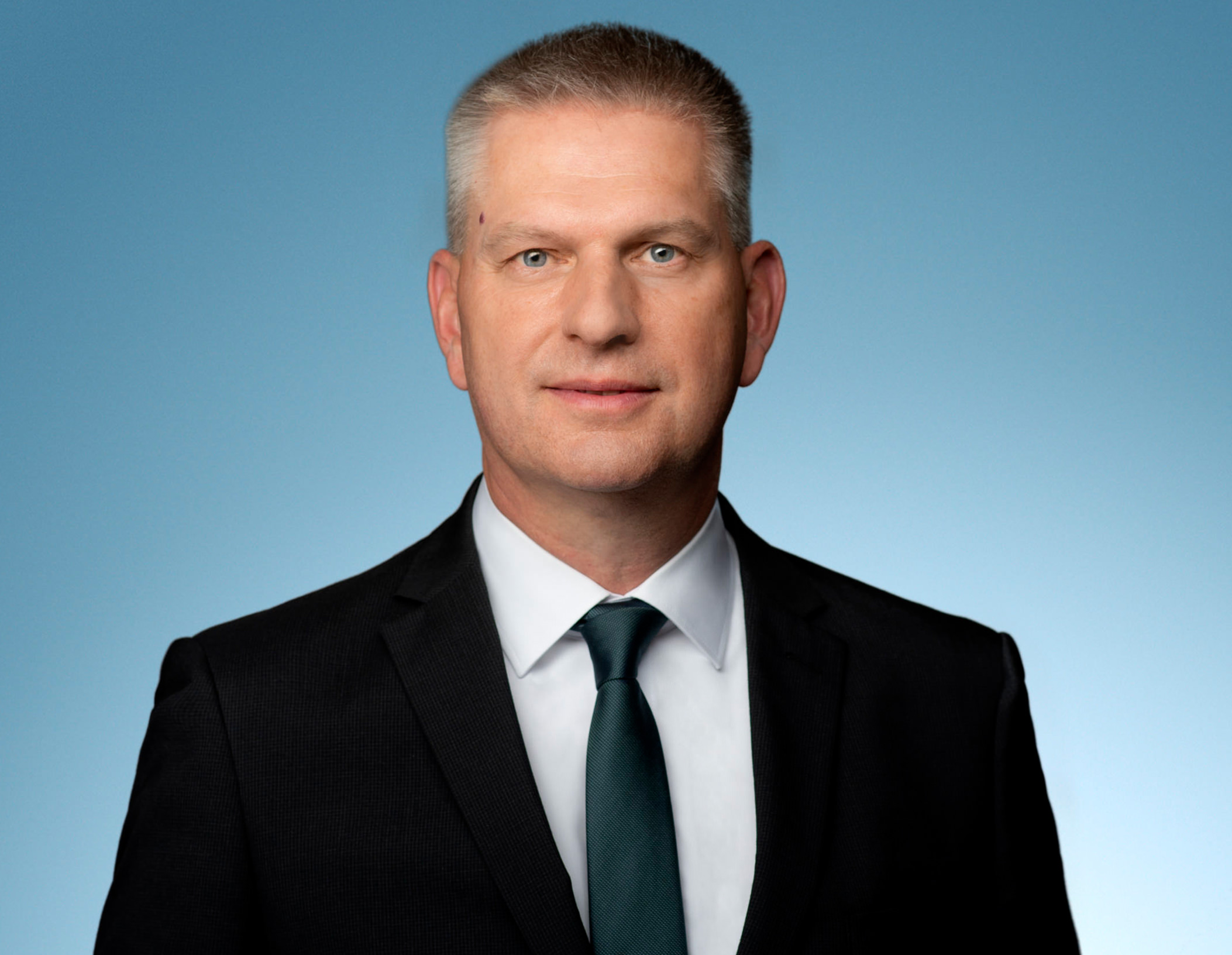Location Costs.
National unilateral measures on taxes and levies create significant competitive distortions in the internationally organized aviation sector. Above-average government-induced costs worsen air connectivity for the respective economy, directly affecting the companies in the aviation industry based there.
In Germany, government-imposed location costs have nearly doubled since 2020. This is a key reason why the recovery of air traffic in Germany, after the collapse during the COVID-19 pandemic, is still sluggish compared to the rest of Europe.
Government-imposed location costs consist primarily of three factors:
- National air traffic tax
- Aviation security fees (airport security checks)
- Air traffic control fees
For European airlines, the level of these charges is an important factor in financial performance. When deciding where to deploy their aircraft, the level of government-imposed location costs plays a significant role. These costs directly affect an economy’s connection to international air traffic.
At European airports outside of Germany, these charges are either non-existent or significantly lower. Only half of EU member states even impose an air traffic tax, and no other country has one as high as Germany.
Following the latest increase in the air traffic tax on May 1, 2024, government-imposed location costs for a flight from a German airport to a European destination, using a typical medium-haul aircraft (Airbus A320neo with 180 seats and 85% occupancy), range from 4,000 to 4,400 euros. By comparison, the location costs in Barcelona are around 660 euros, and in Rome, they are around 2,200 euros.
Airlines are relocating aircraft to other countries
Further increases in location costs for air traffic in Germany have already been decided: In parallel with the recent increase in the air traffic tax, the compensation mechanism for revenues from the European Emissions Trading Scheme has been abolished.
Additionally, from 2025, the maximum aviation security fee will rise from 10 to 15 euros per passenger. This measure will further drive up government-imposed location costs.
The gap between these costs in Germany and the rest of Europe has now become so significant that major European airlines, such as Easyjet, Eurowings, Ryanair, and Wizz Air, are deploying their aircraft much more at locations outside Germany. Due to lower location costs, they earn more on flights at comparable ticket prices than in Germany.
Germany is recovering slowly
The sharp increase in government-imposed taxes and fees has had a direct impact on the recovery of air traffic in Germany post-pandemic. In terms of recovery, Germany lags far behind the rest of Europe (see graphic). While many other markets in Europe are expected to return to or exceed pre-crisis levels in summer 2024, Germany remains behind. The countries reaching or surpassing pre-crisis levels in 2024 are generally characterized by lower government-imposed charges.
This is especially evident in point-to-point European air traffic, which is important for Germany’s economy, as it directly connects many economic centers. In Germany, these routes are recovering far more slowly compared to other European countries.
The numbers tell a stark story: While point-to-point airline capacity in Germany in summer 2024 is expected to reach only 78% of pre-COVID levels, it stands at 116% across the rest of Europe. Some markets significantly exceed these figures, such as Greece (162%) and Portugal (130%).
The connectivity of economic regions is declining
The deteriorating connectivity of Germany to European air traffic is especially noticeable in three key German economic regions: the large machinery sector around Stuttgart, the economic hub of North Rhine-Westphalia, and the capital region of Berlin-Brandenburg. A number of destinations are no longer served from these locations, and the number of daily flights to important business cities such as Madrid, London, or Milan has drastically decreased. This represents a significant decline in the connectivity quality of these German economic regions.
Feel free to contact us …
 Dirk Helf
Head of Economics and Infrastructure
dirk.helf(at)bdl.aero
+49 30 520077-145
Dirk Helf
Head of Economics and Infrastructure
dirk.helf(at)bdl.aero
+49 30 520077-145
 Alexander Klay
Press Spokesperson
alexander.klay(at)bdl.aero
+49 30 520077-165
Alexander Klay
Press Spokesperson
alexander.klay(at)bdl.aero
+49 30 520077-165


